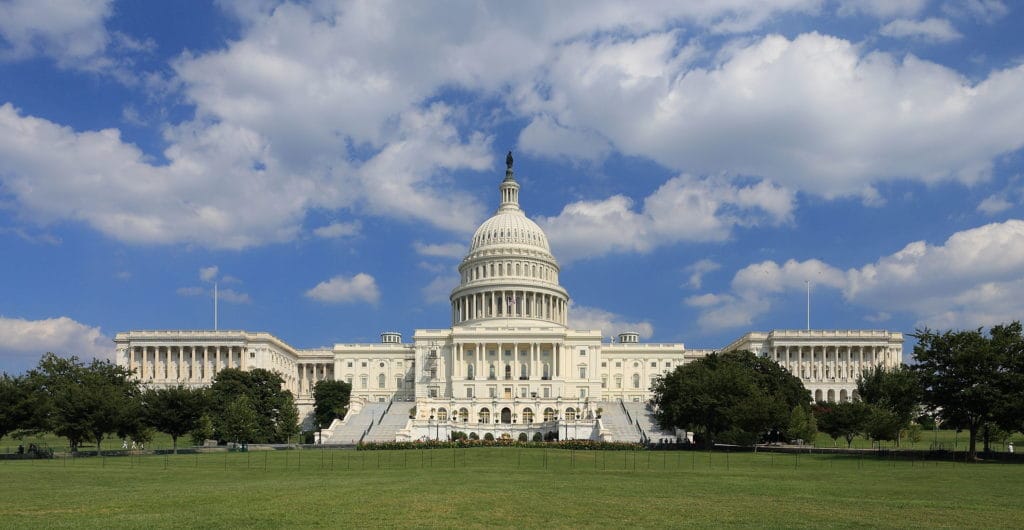Oregon
Nuclear in the age of climate change brown bag discussion
On October 6, 2014 the NW Energy Coalition hosted a brown bag lunch featuring nuclear power expert Ed Lyman from the Union of Concerned Scientists. Dr. Lyman is the co-author…
NW Energy Coalition seeks policy director
The Policy Director is a senior level position responsible for overseeing the development and implementation of a four-state policy agenda based on the goals of the Coalition. The work focuses on regional and state policy (regulatory and legislative) and utility proceedings and includes working with industry experts, building coalitions and educating stakeholders.
NW Energy Coalition announces new executive director
The NW Energy Coalition executive board is proud to announce that nationally admired energy policy authority Nancy Hirsh will succeed Sara Patton as Coalition executive director, effective in January. Hirsh has been Coalition policy director for 18 years. She’s left her personal imprint on such critical accomplishments as increasingly energy efficiency-focused regional power plans, agreements to end coal-fired power generation in Washington and Oregon once and for all, and the region’s landmark renewable energy and energy efficiency standard: Washington’s I-937.
NWEC comments to Oregon Public Utility Commission regarding energy efficiency
NWEC Comments on UM 1622 July 24 NWEC Comments on UM 1622 September 15
Join us for the NW Energy Coalition conference and gala!
Join us at the NW Clean & Affordable Energy Conference and the Founding the Future Gala Nov. 7-8 at the Crowne Plaza Hotel in Portland. The conference will address critical issues including the best ways to replace aging fossil-fuel generation, regulating off-grid energy services and the Columbia River Treaty’s effect on future hydro generation. At the gala, Clean energy supporters will enjoy a delicious plated dinner, drinks and great conversation while honoring the many Coalition founders and welcoming tomorrow’s leaders. Register today!
The Columbian Op-Ed: Climate woes, income inequality can be tackled together
K.C. Golden, senior adviser for Climate Solutions, and Jeff Johnson, President of the Washington State Labor Council, insist that our leaders must do more to address climate change and inequity issues. They point out that through advancing energy efficiency, we can create jobs, save bill-payers’ money, reduce climate pollution and build healthier communities.
Pioneer energy efficiency data analyst Nancy Hersh to keynote Coalition conference Nov. 7 in Portland
The NW Energy Coalition is very excited to announce that Nancy Hersh, head of Opower’s analytics team, will keynote the Coalition’s Fall NW Clean & Affordable Energy Conference in Portland Nov. 7. A Coalition member organization, Opower is the global leader in developing software and analyzing data to support energy efficiency efforts.
NW Energy Coalition and other Clean Energy Scenarios Stakeholders submit comments on PacificCorp's Integrated Resource Plan
The “Clean Energy Scenarios Stakeholders” (NW Energy Coalition, HEAL Utah, Idaho Conservation League, Mormon Environmental Stewardship Alliance, Powder River Basin Resource Council, Renewable Northwest and Sierra Club) have submitted comments…










